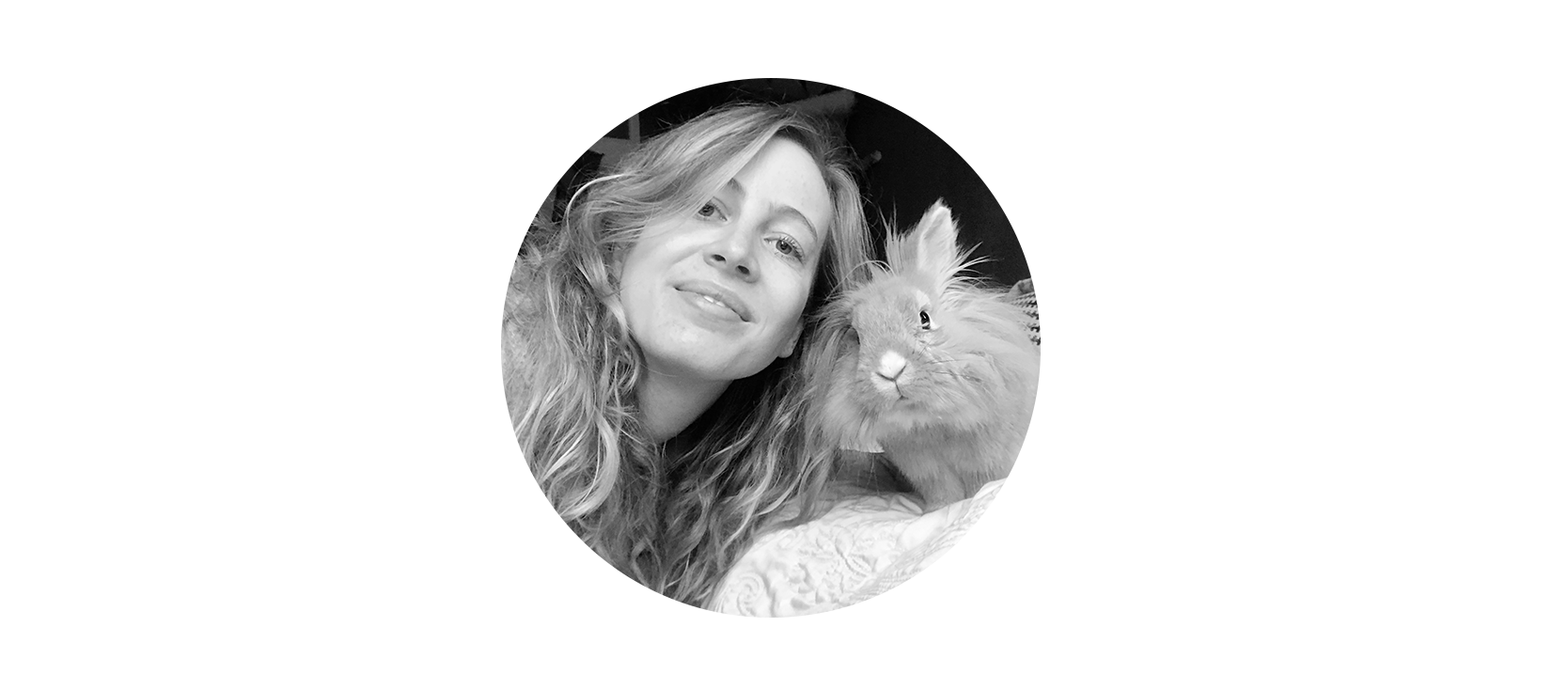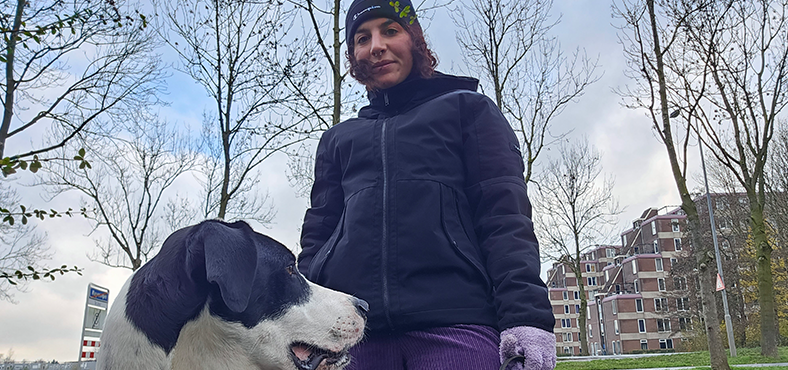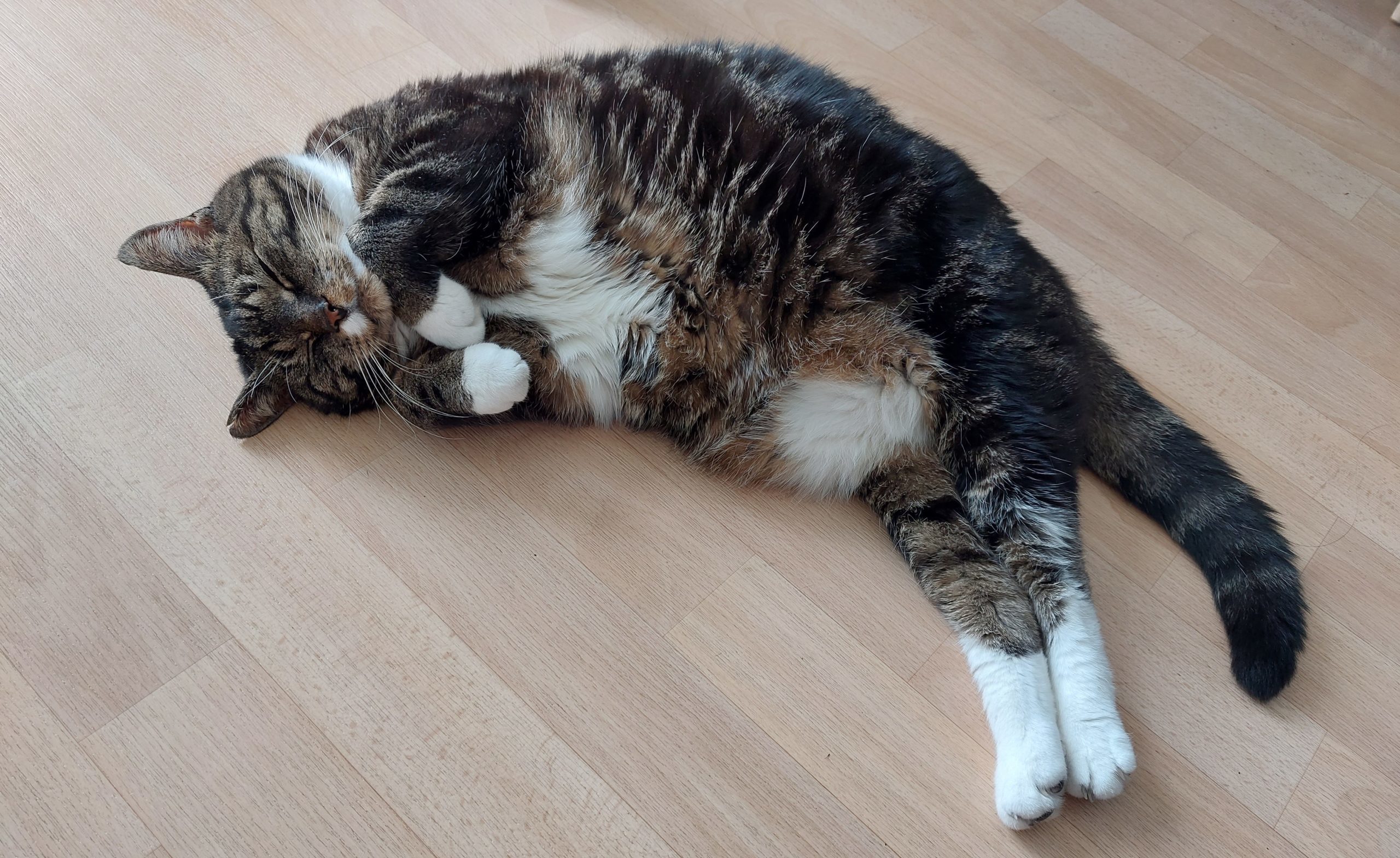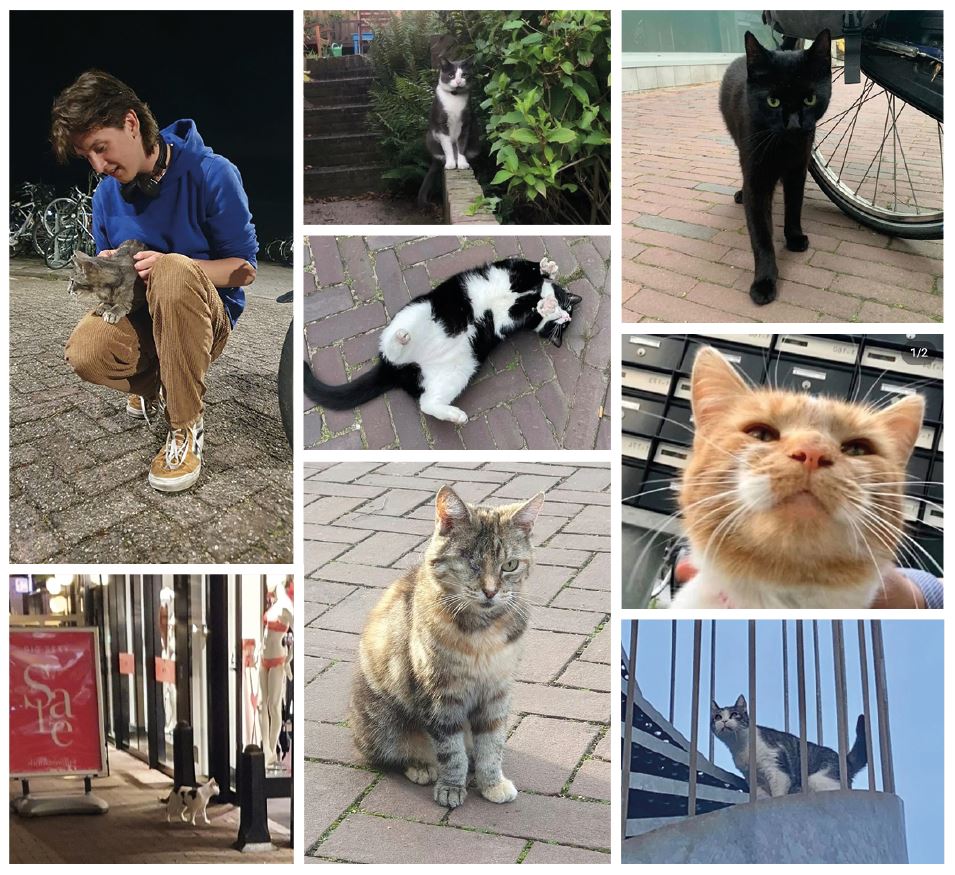Text Ning Fan
PhD candidates explain their most thought-provoking proposition. This time it’s Olga Schagen, who received her PhD last May. Her research was on the role of circular initiatives in steering the transformation towards a circular bio-economy.
‘The inspiration for this proposition comes from Mala, my toilet-trained pet rabbit. When I’m cooking, she follows me into the kitchen, and I feed her the raw vegetable and fruit leftovers. One argument for this proposition is the far lower environmental footprint of a rabbit’s vegan diet compared to the diet of cats and dogs.
‘Moreover, rabbit produce “cold manure” – low in nitrogen and gentle on plants – which can be applied directly to gardens or houseplants without composting. In contrast, cat and dog waste can contain harmful pathogens and contaminate soil and water.
A rabbit’s vegan diet has a far lower environmental footprint compared to the diet of cats and dogs
‘Thirdly, flea treatments for cats and dogs typically contain chemicals. Some even contain fipronil and imidacloprid, which are banned in agriculture, and these insecticides can get into the soil and water when the cats and dogs are outdoors or go swimming. Rabbits require no such flea treatments.
‘Finally, as herbivores – not predators – rabbits pose no threat to bird populations. In the Netherlands alone, cats kill an estimated 18 million birds each year.
‘So, if you want a cuddly pet that supports a circular society, a rabbit is a better choice than a cat or dog! Just bear in mind that rabbits are social creatures. Keeping a pair is ideal, though toilet-training two free-range bunnies can be more challenging.’




